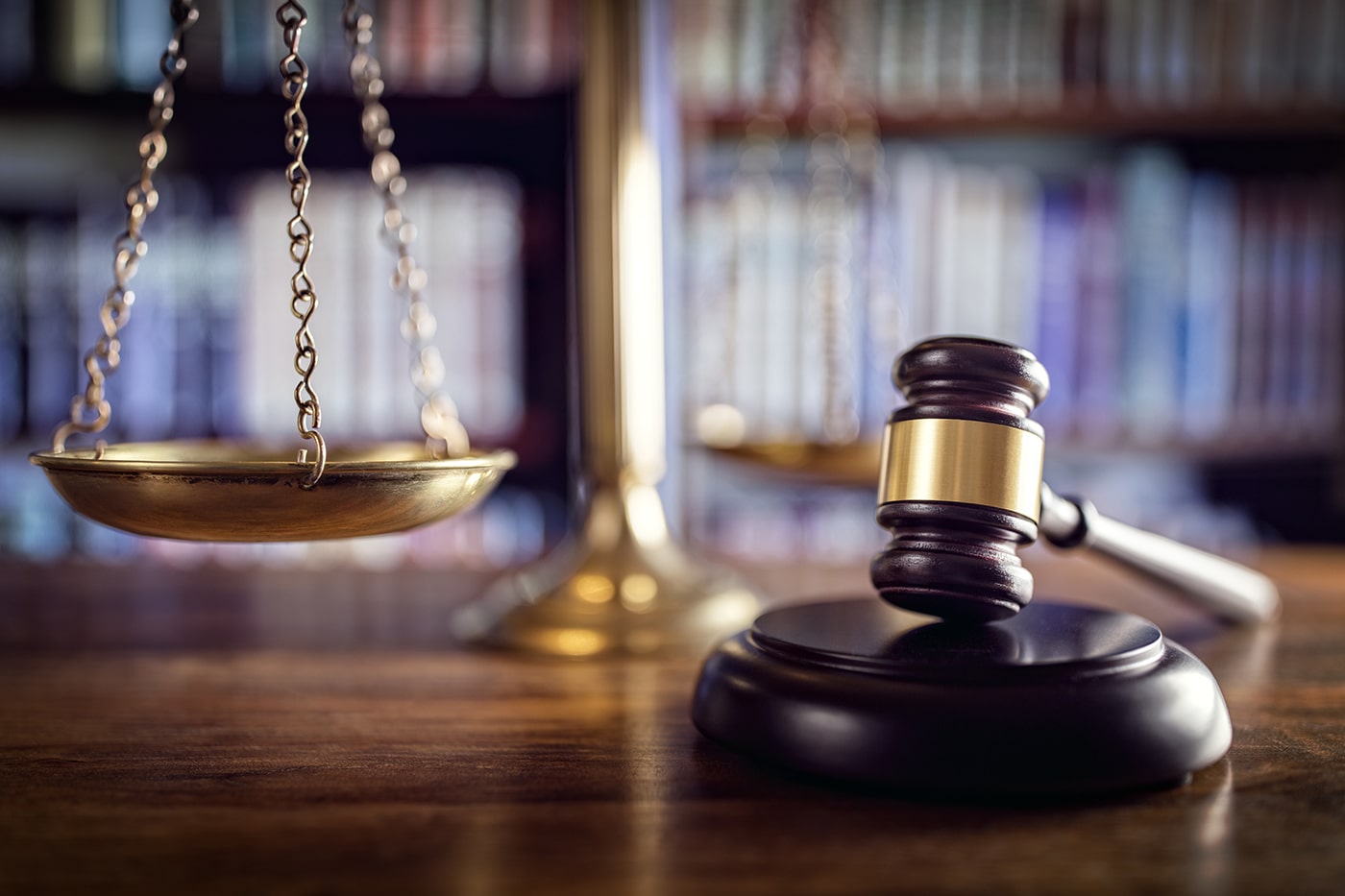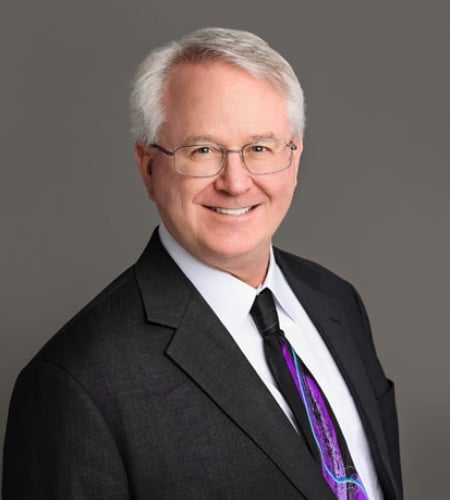Cracking the Code: Deciphering Disorderly Conduct Statutes
In Legal Disarray, Your Light of Order.The Impact of Disorderly Conduct Law on Public Behavior
The disorderly conduct law is an important tool for ensuring public order and safety in communities. It is based on existing statutes and defines acts that are considered disruptive or threatening to public order. The goal of this law is to protect community harmony and individual well-being by defining and forbidding such behaviors. Its enforcement highlights the balance between personal freedoms and communal welfare, as it frequently encompasses behaviors ranging from public intoxication to provoking disturbances. Understanding its subtleties is critical for both individuals and law enforcement to protect civil society.

Practice Area
Outstanding legal knowledge is customized to specific practice areas.

Disorderly Conduct New York
In New York, disorderly conduct refers to a variety of activities that disrupt public order and may result in legal charges or penalties.

Disorderly Conduct New Jersey
In New Jersey, disorderly conduct is defined as disruptive behavior that can result in fines or jail time and is frequently associated with public disturbances or fights.

Disorderly Conduct Maryland
According to state legislation, disorderly conduct in Maryland includes any disruptive behavior in public, such as fights or disruptions, which can result in fines or jail time.
Get your legal consultation scheduled right away for individualized advice. Please make an appointment with our prestigious legal firm to receive individualized legal support.
The Duty of a Disorderly Conduct Lawyer
A disorderly conduct lawyer provides thorough legal help to clients charged with disorderly conduct. This entails evaluating the case, acquiring evidence, and developing a strategic defense. They represent their clients in court, negotiating with prosecutors and presenting cases to judges and juries. Furthermore, they provide help and support throughout the legal process, ensuring that clients understand their rights and options. Ultimately, their purpose is to get the greatest possible outcome for their clients while adhering to the law.

Why choose us?
If you want to protect your future, you should choose a renowned and experienced disorderly conduct lawyer who will fight for your rights.
- Particularized Experience.
- Individualized care.
- Legal acumen.
Our Team
Embracing change can be challenging, but with our firm guidance, you will emerge wiser and more powerful for the path ahead.
Disorderly Conduct Lawyer
A disorderly conduct lawyer is essential to defending anyone accused of disorderly conduct violations. They investigate case specifics, collect evidence, and devise effective defense strategies. They negotiate with prosecutors on behalf of clients and represent them at hearings or trials. They offer advice, describing legal choices and possible results. Finally, their responsibility is to preserve their clients’ rights and seek the greatest possible outcome within the confines of the legal system.
Our Testimonials
I obtained excellent legal help from the disorderly conduct lawyer at the law offices of SRIS. Their attention and strategy resulted in a positive outcome for my case.
I strongly recommend the Law Office of SRIS.P.C. for disorderly conduct cases. Their attorneys are experienced, competent, and empathetic. They walked me through the legal process with care and produced fantastic outcomes.
The disorderly conduct attorney at The Law Offices of SRIS.P.C. was extremely helpful and knowledgeable. They handled my case with professionalism and got the optimal possible result. I am grateful for their representation.
The Law Office of SRIS.P.C. is the go-to firm for disorderly conduct situations. Their attorneys are accomplished advocates who fight hard for their clients. I couldn't have asked for a greater representation. Thank you!
Google Reviews
 Sowmith Kola2024-04-11They helped me a lot get out of my traffic case
Sowmith Kola2024-04-11They helped me a lot get out of my traffic case Tirso Padilla2024-02-27100% recomendado, muy eficiente en todo.
Tirso Padilla2024-02-27100% recomendado, muy eficiente en todo. Carrie Brashears2024-01-30Mr. SRIS and his team were fantastic during my custody dispute. For the first time, I felt like my lawyer had my back! Mr. Sris did not allow my ex’s lawyer to bully me into agreeing to anything that I did not want. Mr. Sris listened to my concerns, and he was both real (honest) and comforting at the same time. Totally worth every penny !
Carrie Brashears2024-01-30Mr. SRIS and his team were fantastic during my custody dispute. For the first time, I felt like my lawyer had my back! Mr. Sris did not allow my ex’s lawyer to bully me into agreeing to anything that I did not want. Mr. Sris listened to my concerns, and he was both real (honest) and comforting at the same time. Totally worth every penny ! Sasidhar Kota2024-01-02SRIS Law group is simply Awesome and they provide hassle free services for complex cases..SRIS himself handled my case and starting from drafting the complaint till the end I’m so happy with his and his team’s service..I’m so glad that I came to know about SRIS law Group Before SRIS law group, I tried with other law groups and they couldn’t handle my case properly.. I can confidently say, SRIS law group is the BEST!!
Sasidhar Kota2024-01-02SRIS Law group is simply Awesome and they provide hassle free services for complex cases..SRIS himself handled my case and starting from drafting the complaint till the end I’m so happy with his and his team’s service..I’m so glad that I came to know about SRIS law Group Before SRIS law group, I tried with other law groups and they couldn’t handle my case properly.. I can confidently say, SRIS law group is the BEST!! Max Mitchell2023-12-27The Law Offices of SRIS, PC are TOP NOTCH. I worked with Attorney Matthew Greene with resolving my case. Mr. Greene was very professional, attentive, knowledgeable and very respectful throughout the work that he did. Mr. Greene was very responsive to questions and added a strong sense of comfortability for me during this process. He was very transparent in what would take place and assured a positive outcome and HE DELIVERED!!! SRIS, especially Mr. Greene, is HIGHLY recommended. That man knows how to work a courtroom! Thank you so much again! I am grateful for all that you did for me! Cheers!
Max Mitchell2023-12-27The Law Offices of SRIS, PC are TOP NOTCH. I worked with Attorney Matthew Greene with resolving my case. Mr. Greene was very professional, attentive, knowledgeable and very respectful throughout the work that he did. Mr. Greene was very responsive to questions and added a strong sense of comfortability for me during this process. He was very transparent in what would take place and assured a positive outcome and HE DELIVERED!!! SRIS, especially Mr. Greene, is HIGHLY recommended. That man knows how to work a courtroom! Thank you so much again! I am grateful for all that you did for me! Cheers! Gita Dawadi2023-12-18It was very nice experience with Sris law p.c. They are well experienced and goes according through good planning. It’s was awesome. They handle very serious matter also in a very good planning way and helps the people. They goes according through proof,record and do effective work . I am fully satisfied with this sris law. I have three different serious traffic ticket but they reduce my every problem, traffic point, charges and other serious punishment, it was possible due to their effort, and giving information of each and every work which I have to do to minimize the consequences. Thank you soo much sris law for guiding me and helping me. Thank you so much
Gita Dawadi2023-12-18It was very nice experience with Sris law p.c. They are well experienced and goes according through good planning. It’s was awesome. They handle very serious matter also in a very good planning way and helps the people. They goes according through proof,record and do effective work . I am fully satisfied with this sris law. I have three different serious traffic ticket but they reduce my every problem, traffic point, charges and other serious punishment, it was possible due to their effort, and giving information of each and every work which I have to do to minimize the consequences. Thank you soo much sris law for guiding me and helping me. Thank you so much Govinda Rao Ijju2023-12-06Sris law offices are professionals understand the client needs, especially mr Atchuthan Sriskandarajaj , has patiently listened to all my questions , he clarified all my questions, very helpful, patient through out the whole process sir and his whole team gave me continuous support help and guidance, finally through sir I got my case solved. I recommend to all go to sir, explain your situation genuinely he is going to come with the best solution and help you in getting your case solved. Once again I thank sir from the bottom of my heart for his help and support.
Govinda Rao Ijju2023-12-06Sris law offices are professionals understand the client needs, especially mr Atchuthan Sriskandarajaj , has patiently listened to all my questions , he clarified all my questions, very helpful, patient through out the whole process sir and his whole team gave me continuous support help and guidance, finally through sir I got my case solved. I recommend to all go to sir, explain your situation genuinely he is going to come with the best solution and help you in getting your case solved. Once again I thank sir from the bottom of my heart for his help and support. Kunal Sharma2023-10-28Sris is not only a competent lawyer, he is a wonderful person. He is extremely intelligent, knowledgeable and supportive.
Kunal Sharma2023-10-28Sris is not only a competent lawyer, he is a wonderful person. He is extremely intelligent, knowledgeable and supportive. Ramendra Sahu2023-09-26Satisfied with the results I had, Thank Mr. Sris for all assistance.
Ramendra Sahu2023-09-26Satisfied with the results I had, Thank Mr. Sris for all assistance.
Questions and Answers:
Disorderly conduct typically qualifies as a misdemeanor violation, but in some cases, such as repeated offenses or extreme behavior, it can be upgraded to a felony conviction.
Disorderly conduct crimes may be expunged in some jurisdictions, but the qualifying conditions vary depending on location and circumstances. Consult with a legal professional for more personalized advice.
Common defenses to disorderly conduct claims include claiming a lack of purpose, contesting the facts presented, asserting First Amendment rights, or establishing that the behavior was justified or provoked.




Owner & CEO – Former Prosecutor Criminal Defense & Family Law
Mr. SRIS